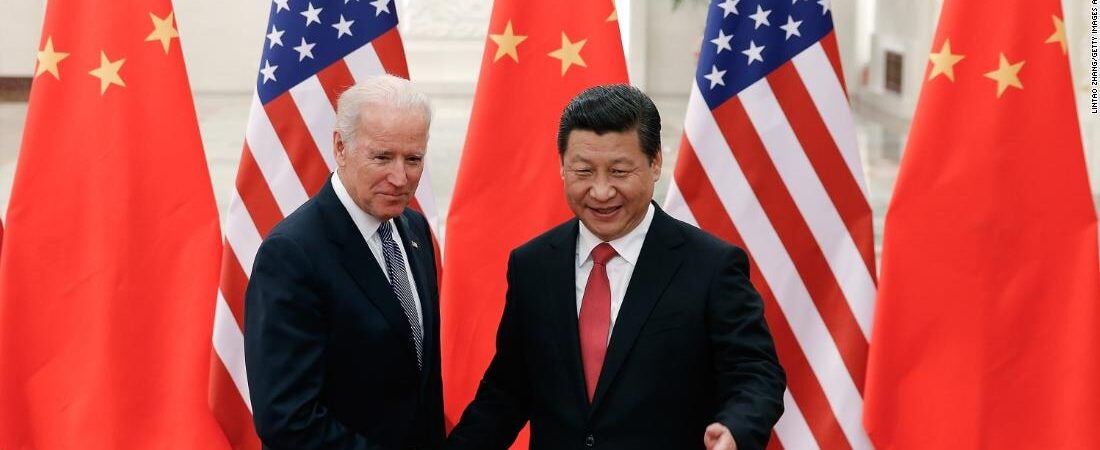The Biden Administration has taken new actions related to forced labor in the Xinjiang region that may affect the supply for material critical for solar panels: U.S. Customs and Border Protection (CBP) issued a Withhold Release Order (WRO), the Department of Commerce (Commerce) updated its Entity List, and the Department of Labor (Labor) updated its “List of Goods Produced by Child Labor or Forced Labor.” These updates are part of an increased emphasis on both forced labor issues and a crackdown on goods from China’s Xinjiang province, and come on the heels of the G7 Summit that was held in mid-June. The White House indicated that the Administration’s actions are a “translation” of the commitments made at the G7 denouncing forced labor in the Xinjiang region.
CBP issued a WRO on silica-based products manufactured by Hoshine Silicon Industry Co., Ltd. and its subsidiaries (Hoshine). Hoshine is located in Xinjiang. CBP issued the WRO based on unidentified “information available” that “reasonably but not conclusively” points to the use of forced labor. Based on the WRO, silica-based products will be detained at all U.S. ports of entry. It is also possible that CBP could issue redelivery notices for affected goods imported and released within 30 days of the redelivery notice. This WRO marks the eleventh order on goods allegedly made by forced labor from Xinjiang. Additionally, it broadly applies not only to goods exported by the Hoshine Silicon Industry Co., Ltd. but to any goods incorporating materials produced by this company. This broad scope may be the largest problem for purchasers of the Hoshine product, who now may be faced with the disruption of their imports or even redelivery notices.
Commerce’s Bureau of Industry and Security (BIS) also updated its Entity List to include the following five (5) entities:
- Hoshine Silicon Industry (Shanshan) Co., Ltd.
- Xinjiang Daqo New Energy Co., Ltd.
- Xinjiang East Hope Nonferrous Metals Co., Ltd.
- Xinjiang GCL New Energy Material Technology Co., Ltd.
- Xinjiang Production and Construction Corps (XPCC)
Several of these entities are major manufacturers of monocrystalline silicon and polysilicon which are used in the production of solar panels. As a result of the BIS Entity List designation, effective June 24, 2021, the export, reexport, and in-country transfer of commodities, software, and technology subject to the Export Administration Regulations (EAR) is prohibited if a company on the Entity List is an end-user, purchaser, or intermediate or ultimate consignee.
BIS’s action did include a savings clause which allows shipments of items “en route aboard a carrier” as of June 24, 2021 to proceed to the newly listed entities if those shipments were made pursuant to actual orders and would not have otherwise required BIS export licensing.
BIS’s action is in addition to the WRO issued by CBP. In a press release issued by Commerce, the Administration indicated that “ [t]his action targets these entities’ ability to access commodities, software, and technology subject to the Export Administration Regulations (EAR), and is part of a U.S. Government-wide effort to take strong action against China’s ongoing campaign of repression against Muslim minority groups in the XUAR.”
Finally, the Labor Department added polysilicon produced with forced labor in China to its “List of Goods Produced by Child Labor or Forced Labor.” Updates to this List are typically published at two-year intervals, but this update is the first in the List’s history that was published before the next scheduled publication.
Jeffrey Neeley has more than 25 years of experience representing private parties in international trade remedies disputes in the U.S. and in foreign jurisdictions. He guides clients in matters including antidumping investigations, countervailing duties, subsidies, intellectual property disputes as well as related customs, export control, and other import/export issues.
To read the original commentary from Husch Blackwell please visit here

